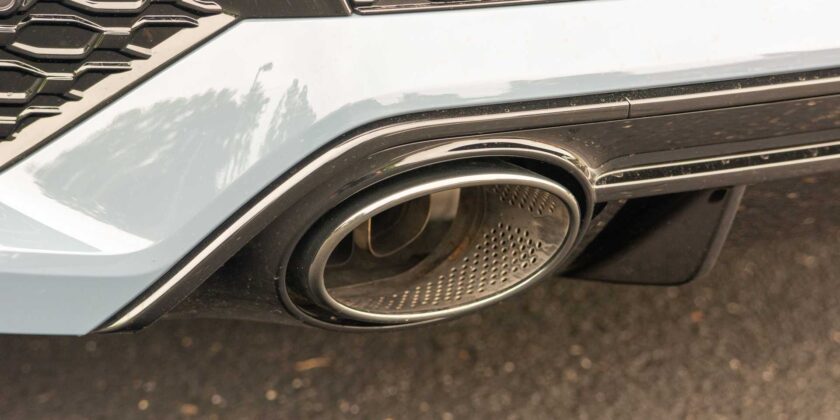In the foray into preserving the environment, automakers within the European Union (EU) now have a deadline to meet. By 2035, all new cars should have zero CO2 emissions.
However, not every member of the EU agrees with the decision. In a report by Reuters, Germany has formed an alliance with several European nations to oppose the said ban on internal combustion engines (ICE).
The seven countries involved are the Czech Republic, Slovakia, Italy, Poland, Romania, Hungary, and Germany – all of their transport ministers recently held a meeting to discuss what must change in the EU decision.
German transport minister Volker Wissing said in a statement that the EU’s proposal needs to change at once. He added that the approach seems wrong, pointing out that there’s a “climate-neutral way” to run ICE.
That said, it’s reported that the newly forged alliance is heeding for a separate category for ICE vehicles that can run on carbon-neutral fuels after 2035.
The EU’s latest move toward prohibiting the sale of new gasoline and diesel cars by 2035 happened last month. The new legislation requires automakers to reduce the CO2 emissions of new vehicles to zero by that year.
In addition, the law also mandates a 55 percent reduction in CO2 emissions for new cars and 50 percent for vans by 2030. The EU will eliminate its zero- and low-emission vehicle incentives by 2030. Manufacturers that produce between 1,000 and 10,000 new cars annually will have until 2036 to comply with the new rules, while manufacturers registering fewer than 1,000 new vehicles annually could remain exempt from the regulations.
Several automakers have already taken steps in testing the use of alternative fuels such as synthetic fuels and hydrogen power, which Porsche and Lamborghini are exploring. Even Toyota is experimenting with hydrogen-fueled combustion engines, starting with the Prius that’s supposed to arrive with the said setup by 2025.
Source: Reuters
Source: Read Full Article
